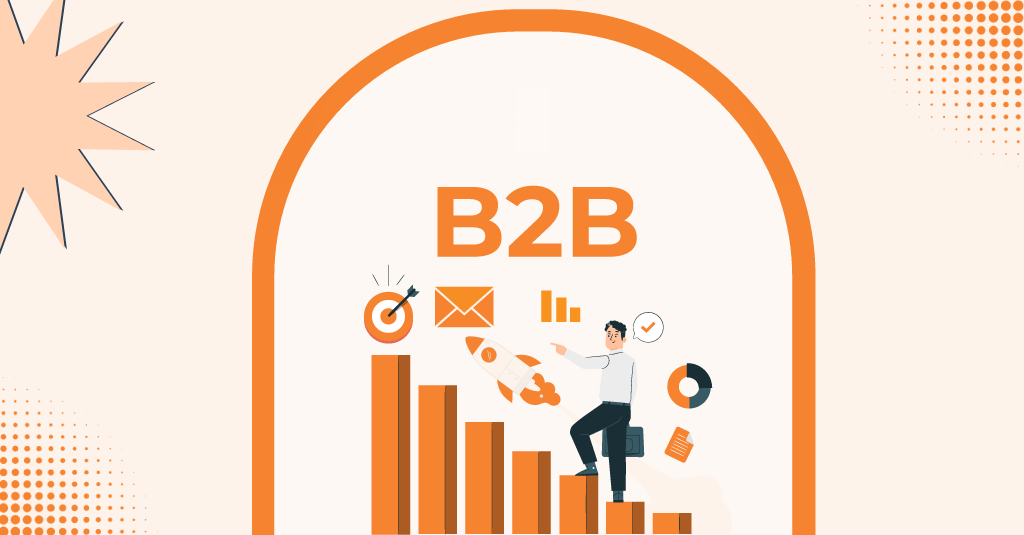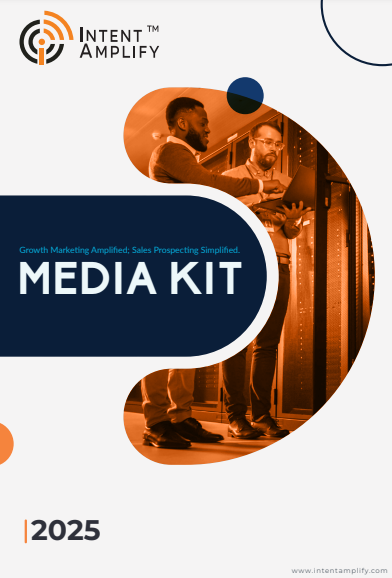
Top 10 Omnichannel Marketing Tools for B2B in 2025
- Last updated on: July 1, 2025
In B2B, omnichannel marketing tools are more than a buzz.
B2B buyers connect with the service providers across multiple touchpoints like email, web, social, and mobile devices, before they decide to buy.
A uniform and seamless experience across those channels is a strategic imperative. Omnichannel solutions allow marketing teams to coordinate campaigns, personalize engagement at scale, and connect customer data for better-informed decision-making.
A Firework report in 2024 discovered that businesses with a clearly defined omnichannel strategy had an 11% year-on-year increase in revenue, emphasizing the direct effect on business growth.
What to Consider in an Omnichannel Marketing Solution
Selecting the ideal omnichannel marketing solution for your B2B business involves more than a mere checklist of features. It involves assessing how the platform supports your audience, internal processes, and tech stack maturity. The following are the most important capabilities and considerations:
1. Multi-Channel Reach
A good omnichannel solution must be able to support integrated campaigns across the most significant touchpoints, such as email, SMS, web, mobile push, social media, and even chat.
Unified delivery across channels vouches for more seamless customer experience.
For B2B, email and LinkedIn tend to be the biggest players, but capabilities should provide flexibility to scale across touchpoints as engagement approaches change.
2. Unification of Data Through Integration With CRM or CDP
Data silos are the nemesis of personalization. Top platforms easily connect with customer relationship management (CRM) systems or customer data platforms (CDPs), so that marketers can create holistic, current customer profiles. This integration supports more relevant messages, segmentation, and smarter decision-making across all stages of the funnel.
3. Automation and Personalization
Automation is not about programmed emails. It is the powertrain of scalable personalization. AI-driven journey orchestration tools enable marketers to automate reactions to buyer signals, set automatic follow-ups, and provide dynamic content based on real-time behavior. This is particularly important in B2B, where extended buying cycles and multiple stakeholders require ongoing, customized engagement.
4. Real-Time Analytics and Reporting
Insights about what is working and what is not is invaluable. The best omnichannel solutions have highly advanced dashboards. These dashboards track open rates, click-through rates, conversions, customer journeys, and ROI on campaigns in real time. This insight helps marketing and sales teams streamline strategies and defend budgets.
5. Lead Scoring and Nurture Functions
B2B success is built on relationships, not click capture. Automated lead scoring and nurture workflows, for example, allow for improved identification of sales-ready leads, segmentation based on engagement, and streamlined movement of prospects through the funnel. Without these, salespeople waste time chasing unqualified leads.
6. Compliance and Security
Data privacy is not a choice. Make sure your platform of choice is GDPR, CCPA, and HIPAA compliant when necessary. Also, check if there are features such as user permissions, audit logs, and encryption to ensure secure management of customer data across touchpoints.
Top 10 Omnichannel Marketing Tools for B2B in 2025
The omnichannel tech scene keeps changing fast. Here are ten platforms that shine in 2025. They help B2B teams manage campaigns from start to finish, tailor content, and engage customers based on data.
1. HubSpot Marketing Hub
B2B marketers still love HubSpot for its easy-to-use interface, strong automation tools, and tight link with its free CRM. Mid-size teams find it perfect to bring together email, social media, landing pages, ads, and lead tracking in one place.
HubSpot’s main plus is how simple it is. Teams without tech skills can set up multi-step workflows, rate leads, and customize content without a tricky setup. You need to pay more to get fancy features like smart lead scoring and custom reports. But the platform grows with your company, making it a good pick for businesses on the rise.
What makes it special: It’s great for companies looking for an all-in-one tool that brings together CRM, marketing automation, and multi-channel execution.
2. Salesforce Marketing Cloud
Made to handle big tasks, Salesforce Marketing Cloud is a complete package built to personalize and automate at the enterprise level. It’s good at planning customer journeys, letting marketers send timely messages based on how customers act across email, mobile, web, and ad platforms.
Its tight connection to the wider Salesforce system enables smooth data sharing across CRM, sales, service, and marketing. Yet, this rich feature set comes with a price tag, both in money and setup time. It’s ideal for groups with dedicated tech staff.
Why it stands out: A top-notch system for companies with intricate data setups and big marketing teams.
3. Adobe Experience Cloud
Adobe Experience Cloud merges content control, data insights, and AI-driven customization into one platform. For B2B teams that rely on tailored content and smart audience grouping, Adobe offers unmatched accuracy.
Instant customer profiling and AI-powered content suggestions make it easier to send the right message at the perfect time, be it through email, web, or mobile. It’s a strong but tricky tool that often needs a skilled marketing ops team to set up and run.
Why it’s special: Top-notch customization and precision targeting for companies with loads of data.
4. Oracle Eloqua
Eloqua is a good choice for B2B lead nurturing and ABM marketers. With its visual campaign builder, advanced lead scoring, and close CRM integration, teams can create complex workflows customized to buyer stage and intent.
While the interface is not as sleek as some on this list, Eloqua’s power comes from its capacity to handle long, multi-step buying cycles typical of enterprise B2B. Users of Eloqua commonly report higher engagement and improved handoff between sales and marketing.
Why it stands out: A stable platform for B2B teams running high-touch, multi-step ABM campaigns.
5. ActiveCampaign
ActiveCampaign offers a great starting point for small B2B teams looking to grow beyond simple email campaigns. This platform combines CRM features with automation, email marketing, SMS, and other tools at a cost that suits startups and medium-sized companies.
The automation tool stands out, letting teams build responsive workflows without coding skills. While it doesn’t have the in-depth analytics of high-end systems, it performs well for its price and connects with apps like Slack, Shopify, and Salesforce.
What makes it special: An affordable, easy-to-use option for businesses starting their first multi-channel campaigns.
6. MoEngage
MoEngage, which started as a platform for mobile-focused brands, has evolved into a comprehensive engagement system supporting push alerts, email, in-app messages, and web customization. Its main strength lies in AI-powered, behavior-based grouping, making it perfect for SaaS firms using a product-led growth approach.
MoEngage provides B2B companies with tools to track how users interact with their apps or web platforms. It offers detailed analytics and ways to reach out to users again. But it focuses on keeping users engaged rather than connecting with customer databases or account-based marketing.
Why it’s special: It works well for B2B businesses that put their product first and want to keep users active and coming back.
7. Iterable
Iterable is an all-in-one solution for campaign automation and behavior-based personalization. Built for high-growth digital brands, it helps marketers send more relevant emails, SMS, push, and direct mail to customers all within a single, powerful system.
The API-first nature attracts technical or engineering-centric teams and those looking for custom workflows with behavioral data syncing in real-time. For B2B SaaS businesses that can meaningfully put a dev resource into it, I’d say Iterable has more flexibility and more depth.
Why it’s good for your business: Developer-centric, extremely extensible, great for teams running behavior-driven campaigns.
8. Klaviyo (Expanding into B2B)
Most in the B2C e-commerce world are already familiar with Klaviyo, but we’re seeing an ever-increasing number of B2B brands with transactional business models jumping on board.
The pricing and easy-to-use interface make it an appealing solution for small B2B companies or digital product sellers. But its features aren’t designed for ABM or long sales cycles, so its use in B2B works best for transactional or product-led growth teams.
Its notable features: Ideal for B2B ecommerce or hybrid companies that are serious about their email and SMS game.
9. Brevo (formerly Sendinblue)
Brevo sells itself as a low-cost complete marketing solution with email, SMS, live chat, WhatsApp, and automation features. It is made for small businesses looking for multichannel reach without enterprise pricing.
The interface is minimal, with an easy-to-use automation builder and a free plan that makes it available to early-stage businesses. Analytics and integrations are limited, however, in comparison to paid platforms.
What sets it apart: An affordable omni channel platform for price-sensitive B2B teams.
10. Insider
Insider provides an AI-driven personalization engine that allows companies to provide consistent experiences on web, mobile, email, and messaging channels. It does well with real-time segmentation, predictive analytics, and personalized content delivery.
Although Insider is newer to the B2B market, its emphasis on user behavior, product recommendation, and cross-device targeting makes it an interesting choice for digital-first businesses. It’s particularly useful for mid-to-large-sized firms that make personalization a main marketing function.
Why it’s unique: AI-driven omnichannel personalization designed for today’s digitally grown-up B2B brands.
Final Thoughts
As B2B buyers become more digital and their journeys more complex, omnichannel marketing tools are no longer optional, they’re essential. The right platform can help unify your data, automate your outreach, and deliver the personalized experiences today’s decision-makers expect.
Whether you’re a growing team looking for a scalable solution or an enterprise ready to deepen customer engagement, there’s a tool that fits your needs. The key is to focus on platforms that align with your processes, integrate with your existing stack, and provide clear insight into what’s working.
In 2025, winning in B2B isn’t about adding more channels. It’s about connecting them with intelligence, intent, and a focus on delivering value at every touchpoint.
FAQs
1. Can these platforms assist with B2B lead nurturing and scoring?
Yes. Solutions such as Oracle Eloqua and HubSpot include lead scoring and nurturing workflows, essential for lead qualification and speeding up extended buying cycles common in B2B.
2. Are there cost-effective omnichannel platforms for B2B startups?
Yes. Brevo, ActiveCampaign, and even Klaviyo (for transactional B2B models) provide robust capabilities without the enterprise price tag, making them perfect for lean marketing teams.
3. What is an omnichannel B2B marketing tool?
An omnichannel marketing tool in B2B enables companies to provide unified, personalized experiences through multiple touchpoints like email, web, mobile, social media, and beyond. These tools integrate data from multiple sources, automate buyer journeys, and assist in sales through lead scoring and analytics.
4. Why is omnichannel B2B marketing essential for companies in 2025?
B2B shoppers engage with 6 to 10 touchpoints, on average, before they buy. According to a Firework report in 2024, 11% YoY revenue increase was reported by companies that had well-defined omnichannel strategies. Unified engagement enhances trust, increases conversion rates, and facilitates extended buying cycles.
5. Do AI and personalization capabilities come as part of the features of omnichannel tools?
The vast majority of leading platforms feature some type of AI. Solutions such as Insider, Iterable, and Adobe Experience Cloud excel at real-time behavioral and intent-driven content personalization and segmentation.





